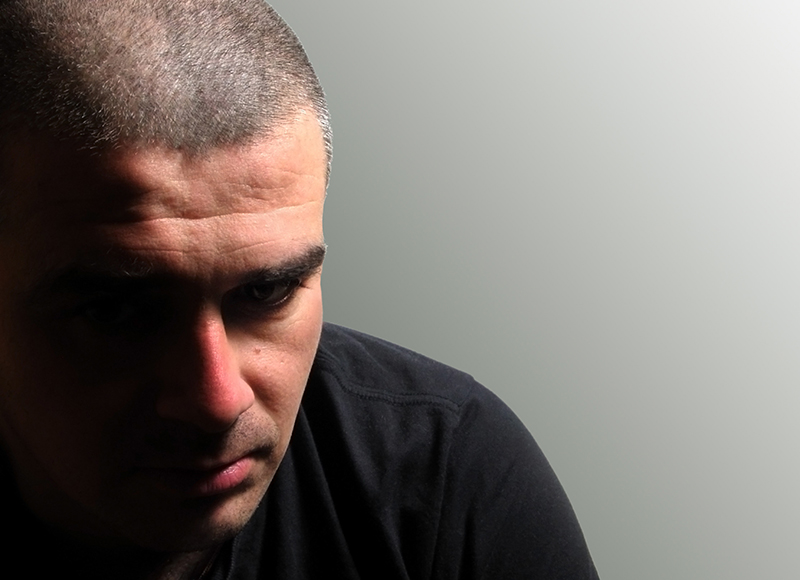Treatment Concentrations
Anxiety
Signs may include:
- Difficulty relaxing
- Fear of what might happen
- Trouble with sleep
- Second guessing
- Continued worry
- Easily irritated
In proportion, anxiety is an asset that supports our survival and performance. However, in excess, it becomes a problem due to frequent stress reactions.
Too much anxiety is the sense of feeling not fully equipped to handle the challenges of life. The normal daily demands become too risky. It easily results in avoidance, procrastination, panic, phobias, and depression. The most effective response comes from thinking differently and practicing new behaviors.
Anger
Signs may include:
- Sarcasm or meanness
- Unrealistic expectations
- Fear of failure
- Irritability Guilt Resentment
Anger is a reaction to the perception of being hurt or undervalued. Its destructive potential presents when a person is not skilled in expressing needs and interests.
The focus of therapy is to help us become a more effective influencers through proper skill building and not resort to aggression.
Conflict
Signs may include:
- Interests are not acknowledged
- Coolness or rigid formality
- Uncomfortable silences
- Returning to past issues
- Put downs
- Withdrawal or avoidance
Conflict is essential to the growth of marriage or any meaningful relationship. However, we often avoid or mishandle strong emotions. We may not know how to address our differences in needs and interests as the relationship matures. The key to successful resolution is found in the practice of proper techniques. We strengthen relationships by practicing how to listen and get the point across without anger or frustration.
Dependent Behaviors
Signs may include:
- One sided relationships
- Destructive habits
- Substance abuse
- Difficulty in making decisions alone
- Avoiding personal responsibility
- Not liking being alone
Dependency manifests itself in many forms including alcohol, drugs, food, sex, and even people. It becomes a “solution” or “one stop shopping” to alter an uncomfortable mood.
We often, first, need to address the strains of life without developing dependent behaviors as a way of coping with problems. What is crucial for preventing relapse is the acceptance of personal responsibility, as well as, advocating for our own healthy interests.





Connect with Dr. Charles Hogan